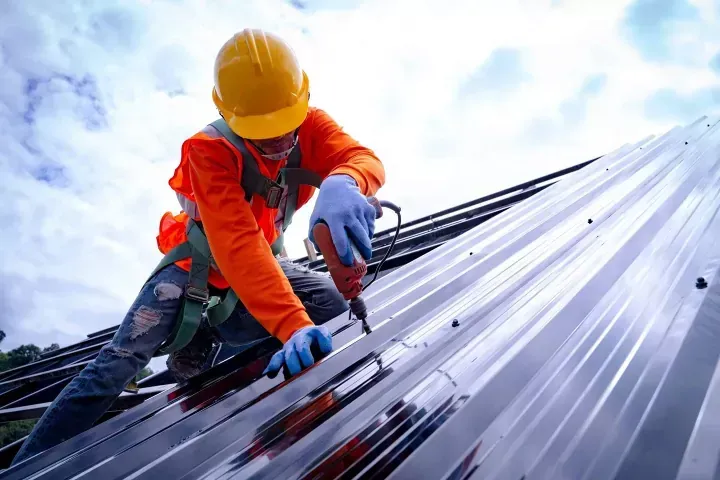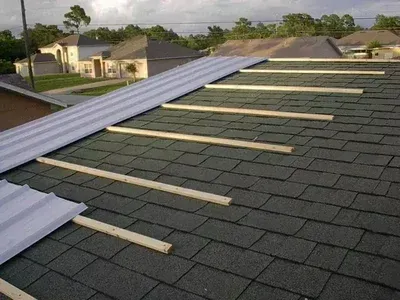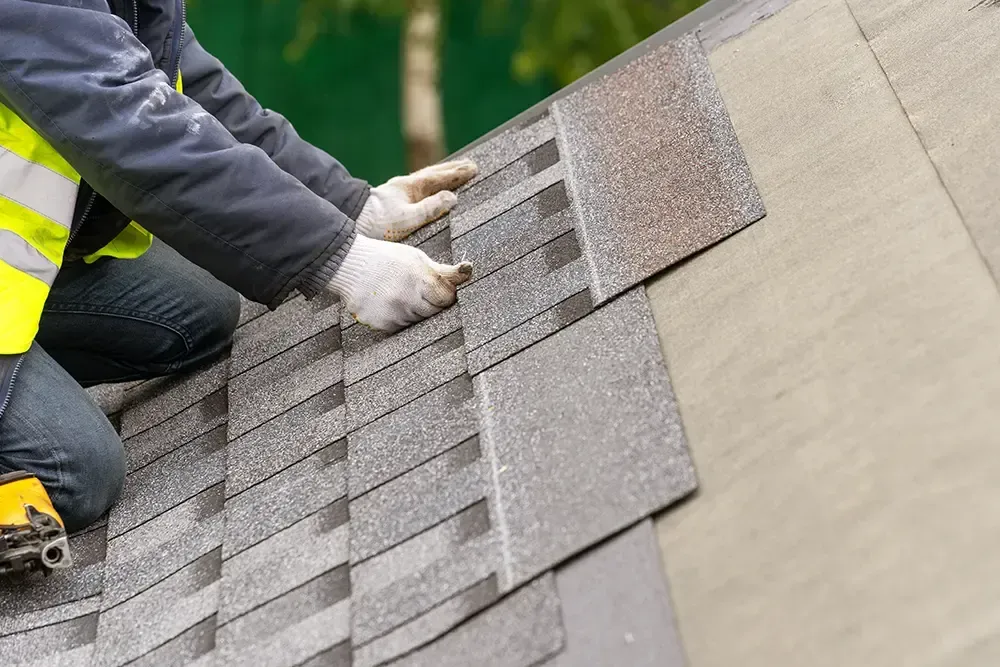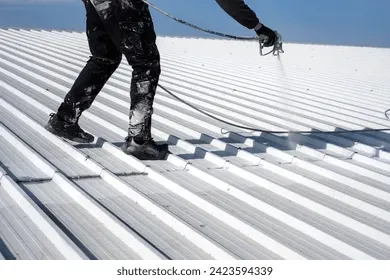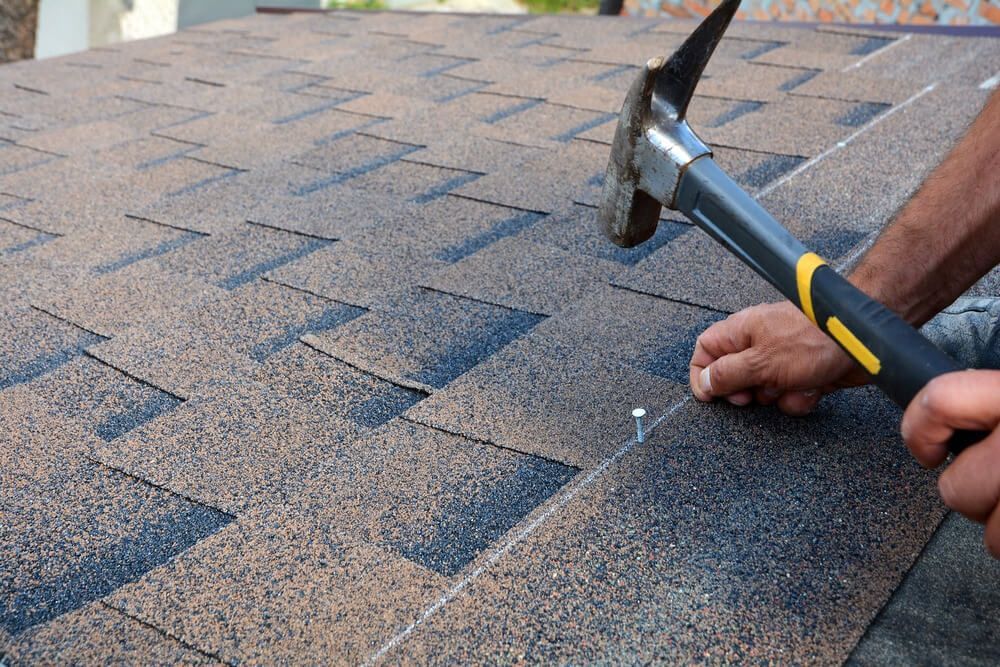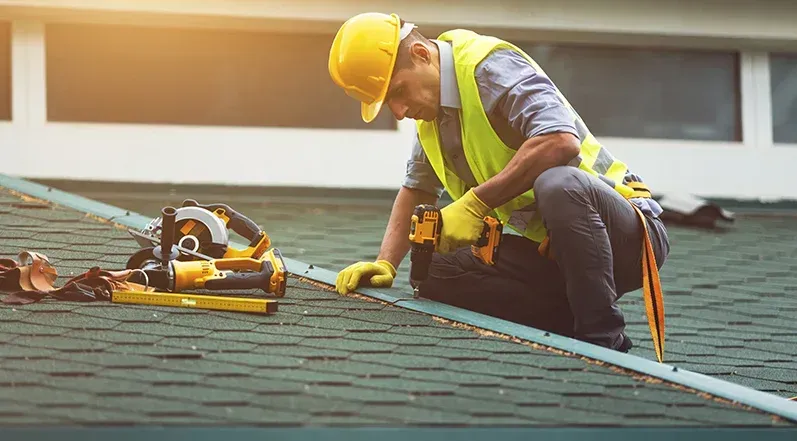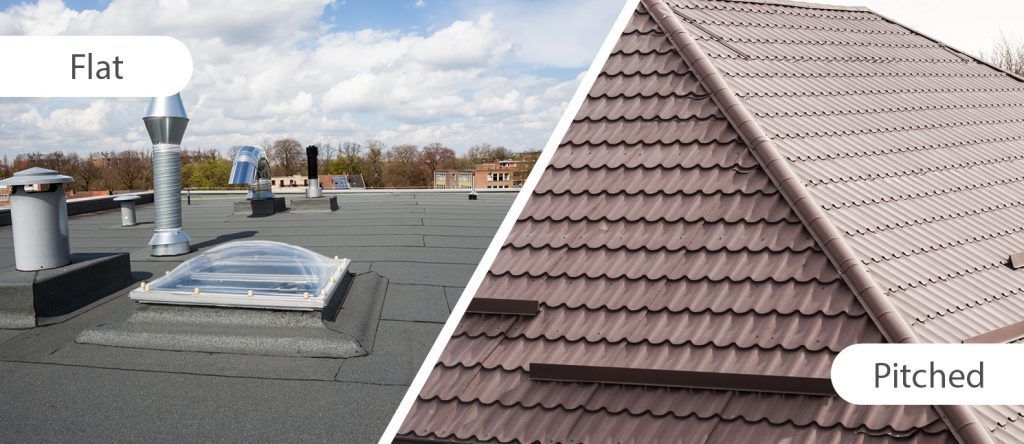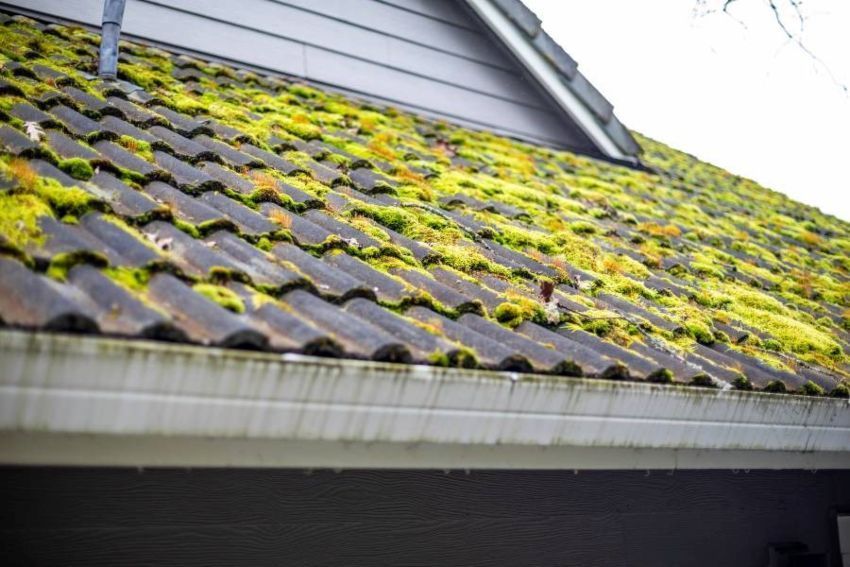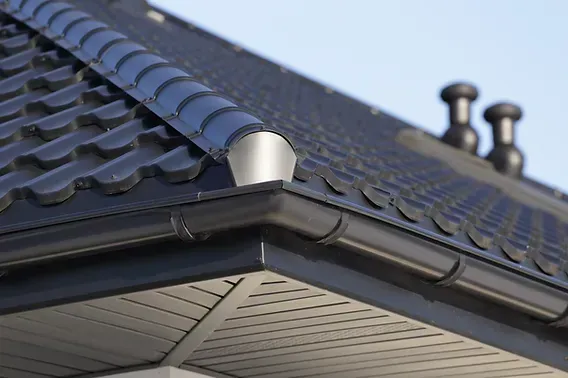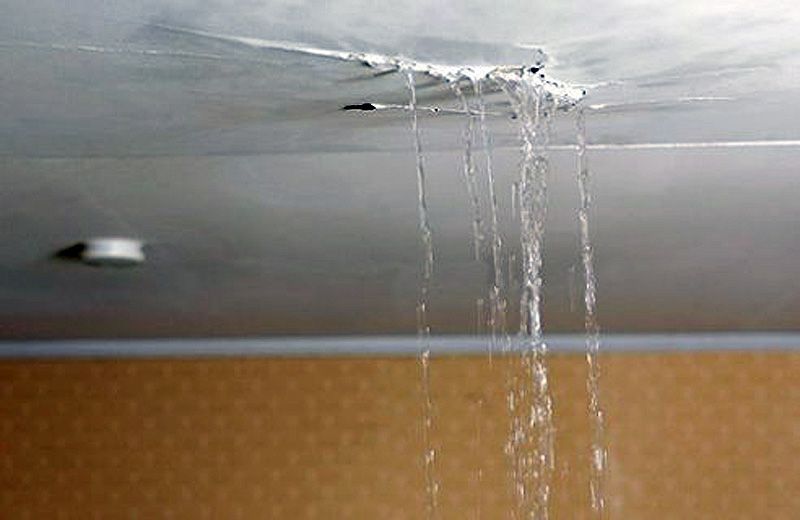How to Choose the Right Roofing Material for Your Home
Choosing the right roofing material for your home involves assessing your local climate, budget, architectural style, and long-term goals. The best choice depends on balancing these factors to ensure durability, aesthetics, and energy efficiency. Here's everything you need to know to make an informed decision.
Why the Right Roofing Material Matters
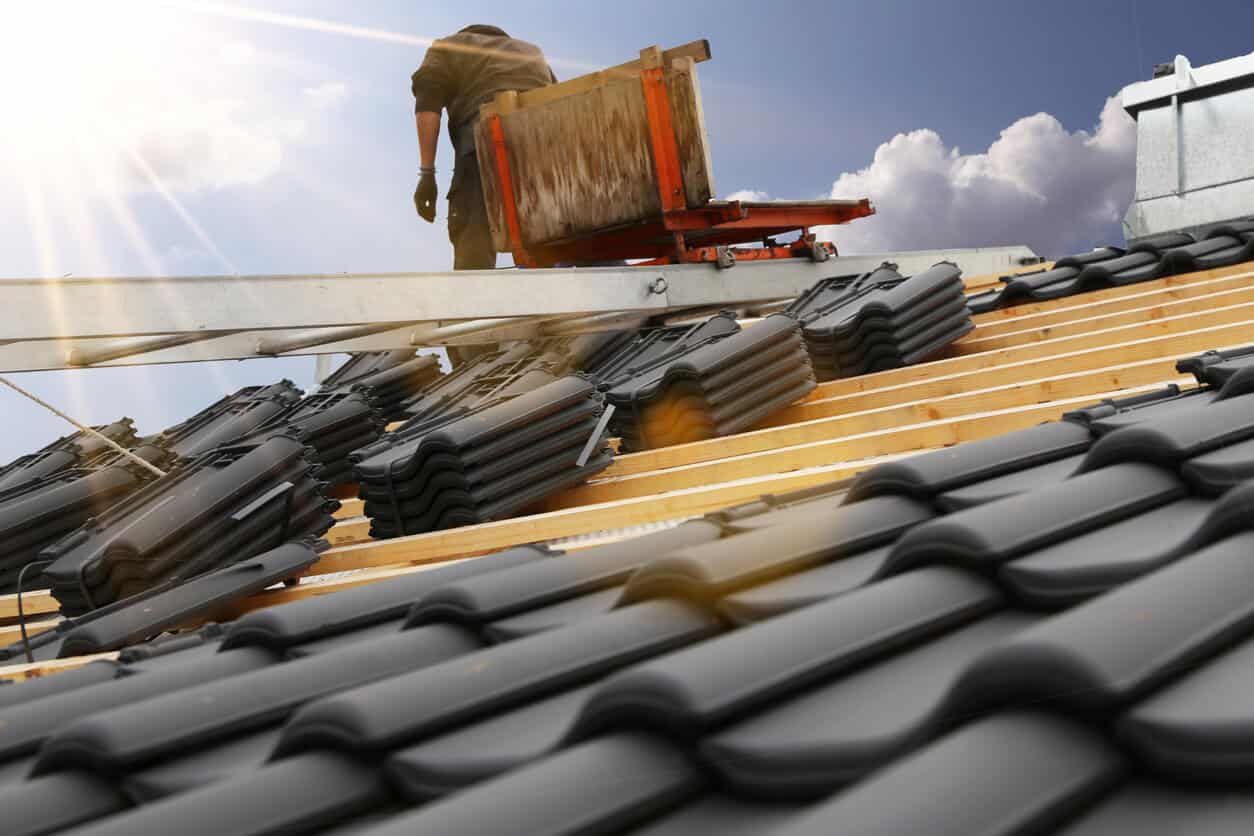
Your roof isn’t just a protective layer; it’s a key element that affects your home’s energy efficiency, curb appeal, and resale value. A poorly chosen material can lead to frequent repairs, high energy bills, and structural issues. On the other hand, selecting the right option tailored to your specific needs can save you money and stress in the long run.
Common Types of Roofing Materials
1. Asphalt Shingles
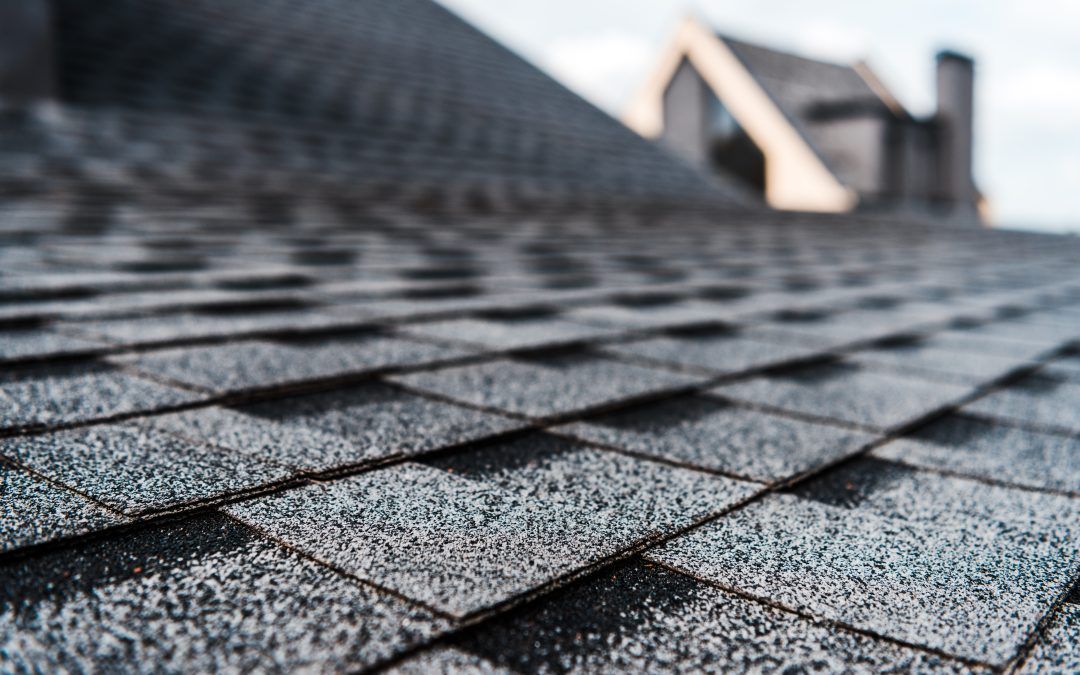
- Pros: Affordable, widely available, and easy to install. Asphalt shingles are durable and come in various styles and colors to suit any home design.
- Cons: Shorter lifespan compared to other materials, susceptible to weather damage in extreme climates.
- Best For: Homeowners seeking a budget-friendly, versatile option for mild to moderate climates.
2. Metal Roofing
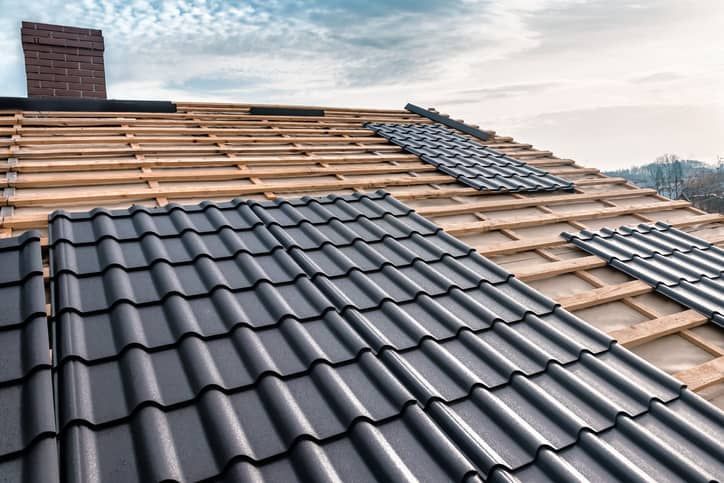
- Pros: Metal Roofing is Lightweight, durable, and energy-efficient. It reflects sunlight, reducing cooling costs in hot climates, and is available in panels and shingles. In some cases, metal over composite roofing can be a practical option for homeowners looking to upgrade without a full tear-off.
- Cons: Higher upfront cost and can be noisy during rain or hail.
- Best For: Eco-conscious homeowners or those in regions with heavy snowfall or extreme heat.
3. Clay and Concrete Tiles
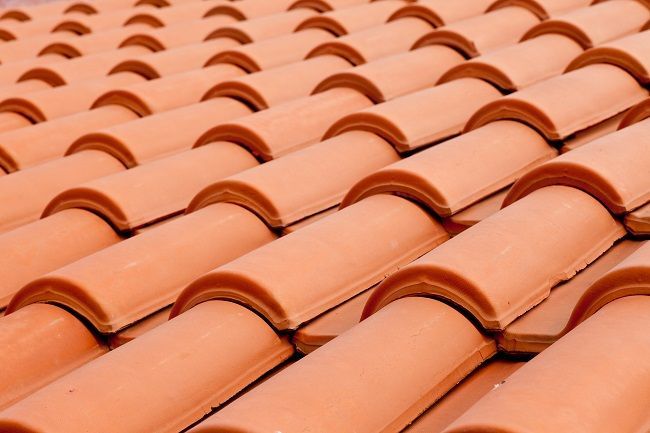
- Pros: Extremely durable and highly resistant to fire and harsh weather. Adds a distinctive, elegant look.
- Cons: Heavy and may require additional structural support. Higher cost.
- Best For: Mediterranean or Spanish-style homes and hot climates.
4. Slate Roofing
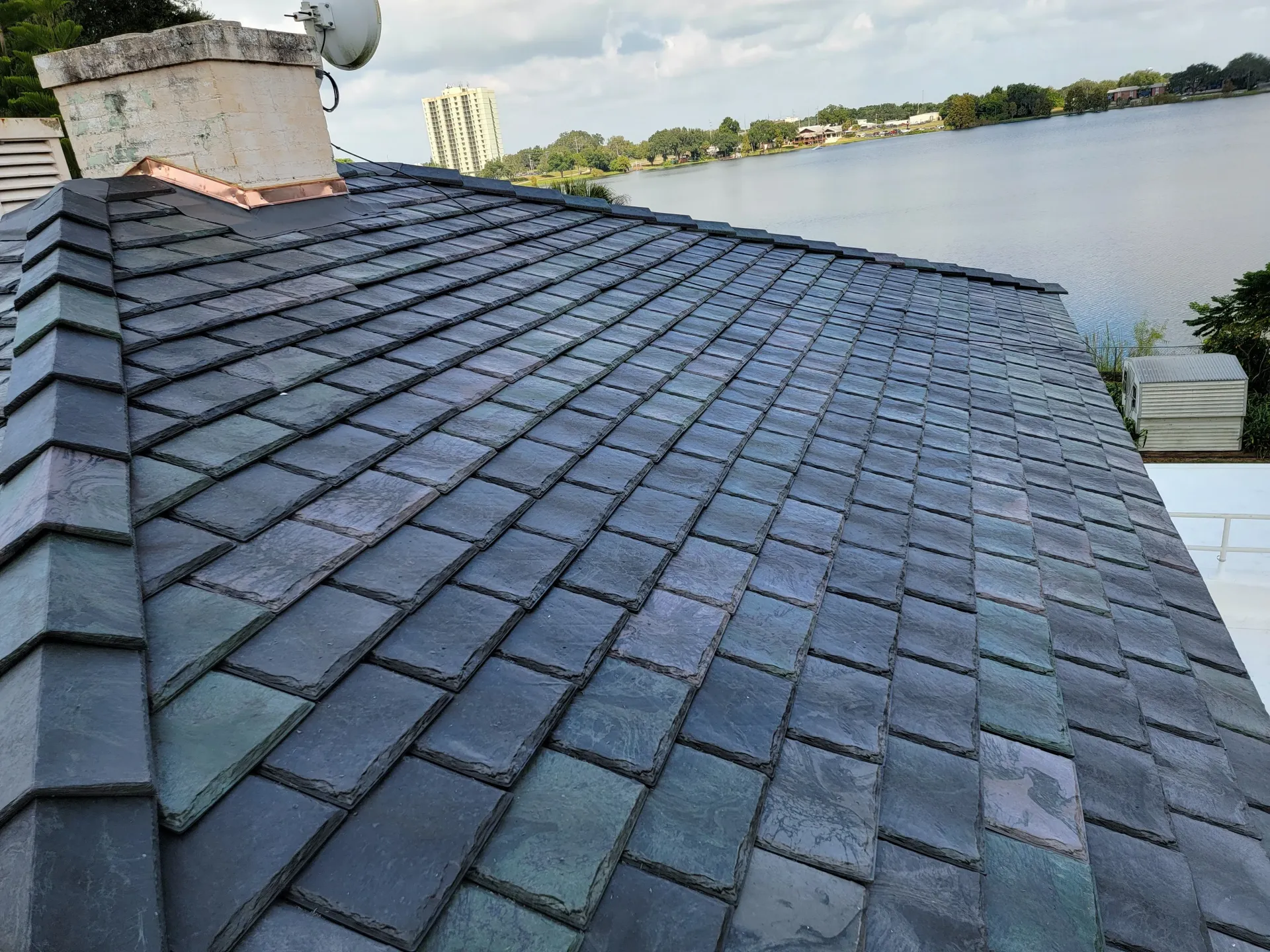
- Pros: High-end, natural material with a lifespan of up to 100 years. Highly resistant to weather and fire.
- Cons: Expensive and very heavy, requiring professional installation and structural reinforcement.
- Best For: Luxury homes or areas with harsh weather conditions.
5. Wood Shingles and Shakes
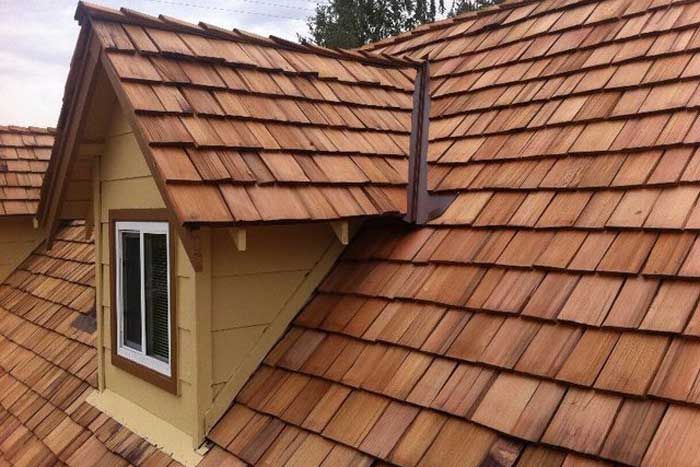
- Pros: Rustic and natural aesthetic. Eco-friendly if sourced sustainably.
- Cons: High maintenance and not fire-resistant unless treated.
- Best For: Homes in mild climates or those seeking a unique, natural look.
6. Synthetic Roofing Products
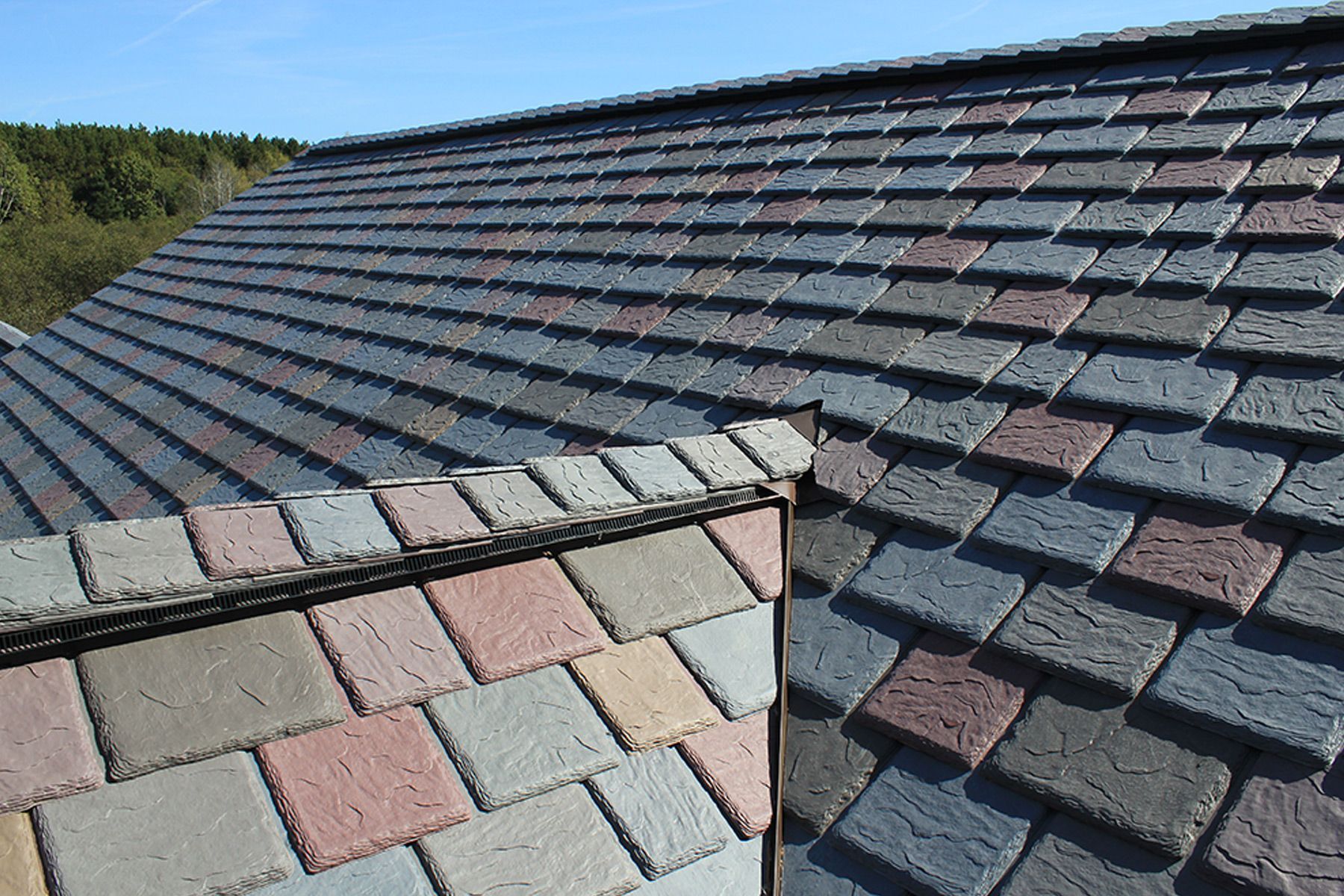
- Pros: Synthetic roofing mimics the look of slate or wood at a fraction of the cost. Lightweight and durable.
- Cons: Newer product lines may not have a proven lifespan.
- Best For: Homeowners seeking a balance between aesthetics, cost, and durability.
Key Factors to Consider When Choosing a Roofing Material
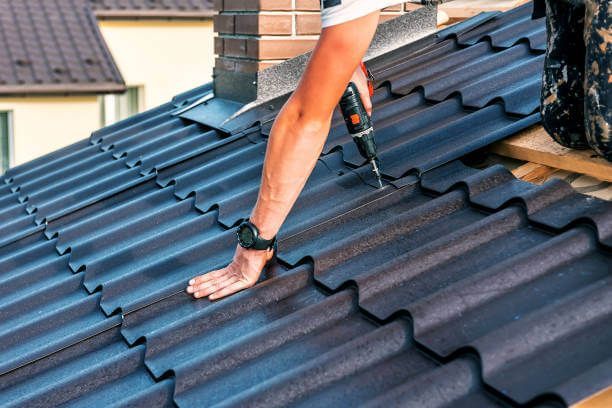
1. Climate and Weather Conditions
The local climate plays a significant role in material selection. For instance:
- Asphalt shingles work well in temperate climates but may crack in extreme heat.
- Metal roofs excel in areas with heavy snowfall or high winds.
- Clay tiles are ideal for hot, dry regions due to their heat resistance.
For a deeper dive into the Best Roofing Materials for Hot Climates, explore materials that can withstand extreme heat while improving energy efficiency.
2. Roof Slope and Architecture
Your roof’s pitch and architectural style influence what materials are suitable. For example:
- Low-slope roofs benefit from rolled roofing or metal panels.
- Traditional shingles and tiles suit steeply pitched roofs.
3. Energy Efficiency
Reflective materials, such as metal or cool roofs, can reduce energy bills by keeping your home cooler. Consider Energy Star-rated roofing products for maximum efficiency.
4. Budget and Longevity
- Upfront Costs: Asphalt shingles are the most affordable, while slate and metal come at a premium.
- Maintenance and Lifespan: A higher upfront cost often translates to lower maintenance and a longer lifespan.
5. Environmental Impact
Choose eco-friendly options like recycled metal roofing, sustainably sourced wood, or cool roofs to reduce your carbon footprint.
Modern Roofing Solutions
Cool Roofs
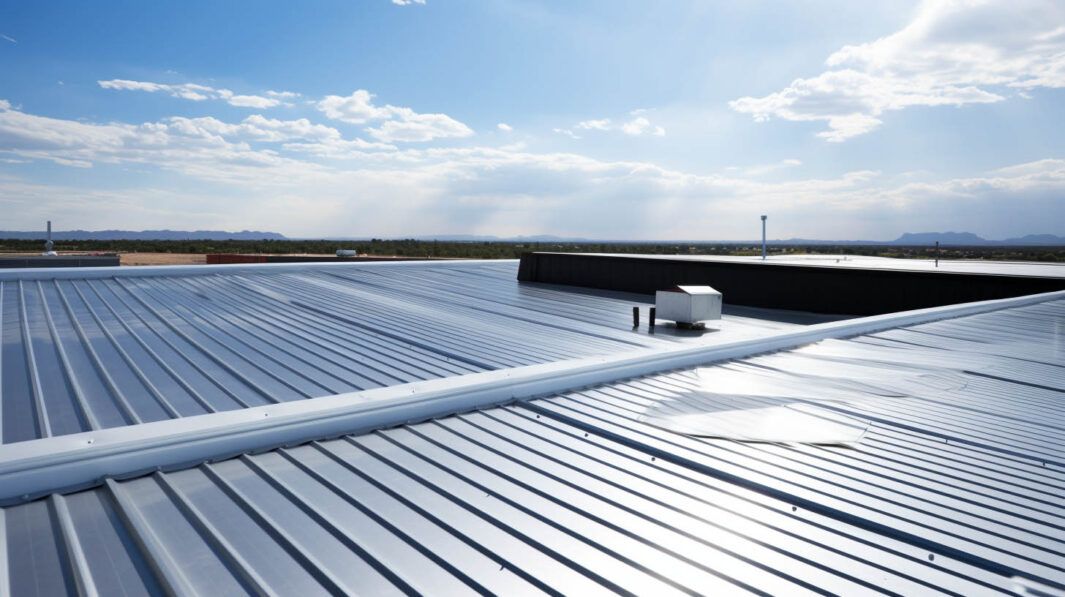
These roofs are designed to reflect sunlight, reducing heat absorption and energy costs. Ideal for hot climates and urban areas.
Green Roofs
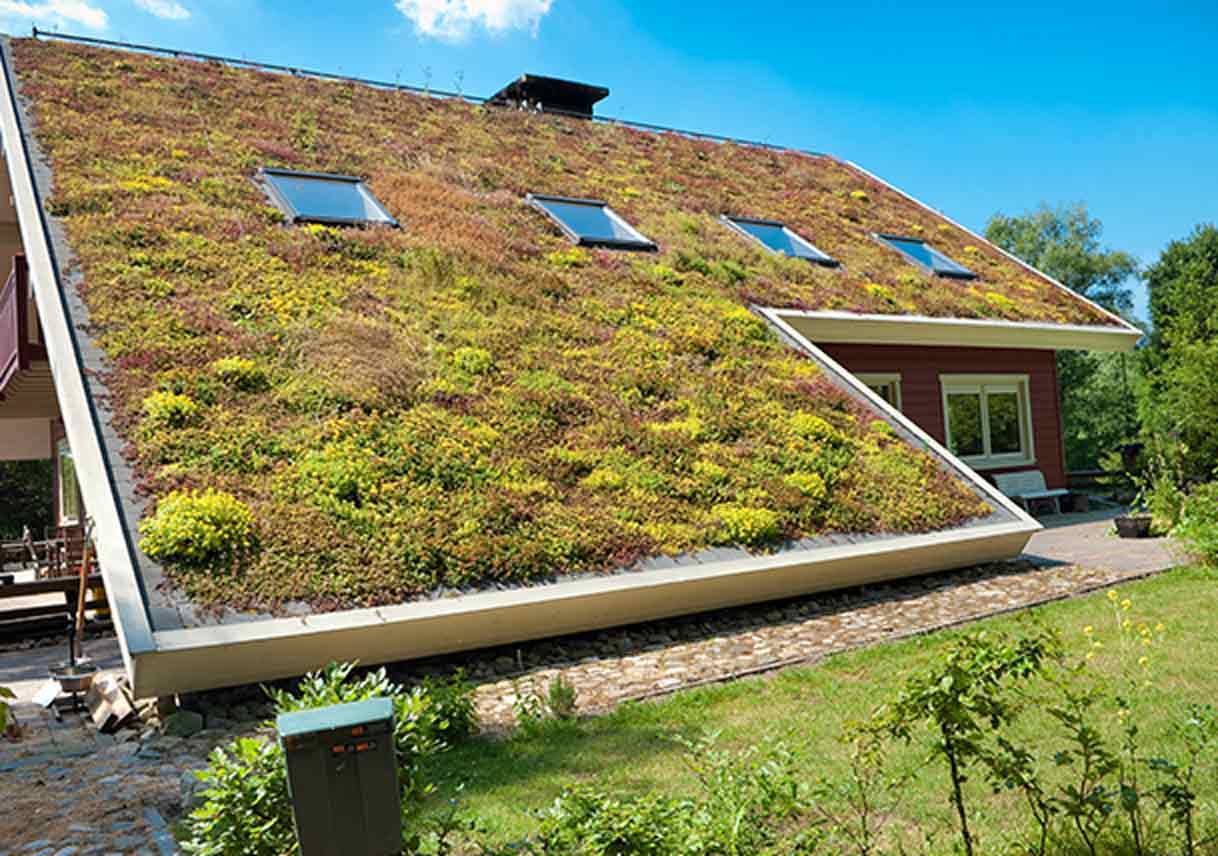
Vegetative layers installed on flat or low-slope roofs provide insulation, absorb rainwater, and enhance air quality.
Solar Roofing
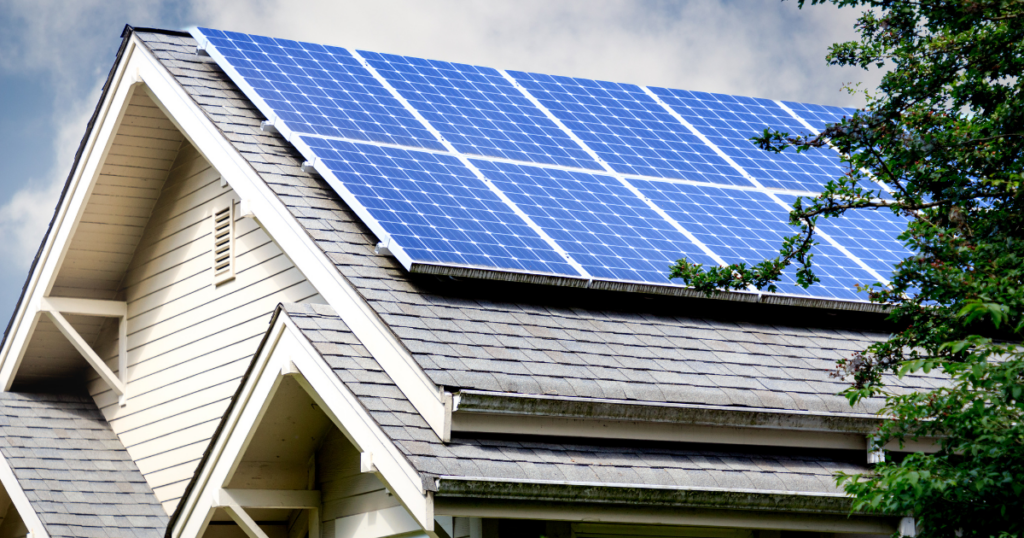
Solar shingles and panels offer renewable energy solutions while doubling as a protective roof covering.
Maintenance and Longevity Tips
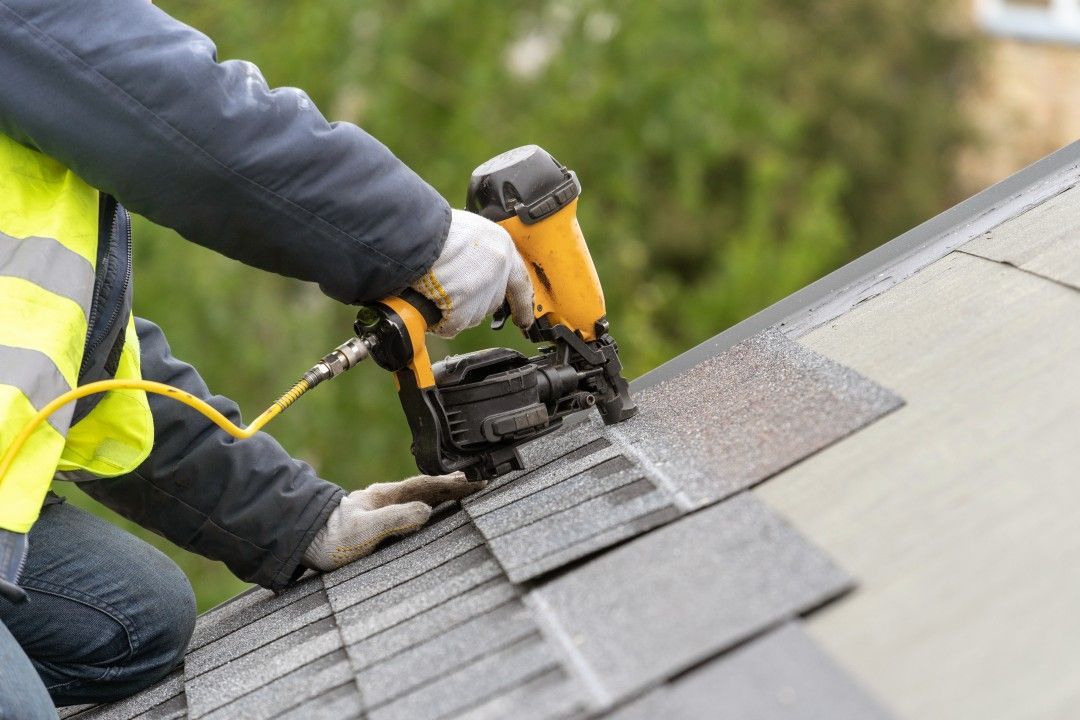
Routine Maintenance
- Inspect for damage and leaks regularly.
- Clean gutters and remove debris to prevent water buildup.
- Regular upkeep is crucial for extending your roof’s lifespan. Learn more about Essential Roofing Maintenance Services to keep your roof in top condition year-round.
Signs It’s Time for a Replacement
- Missing shingles, sagging, or visible wear.
- Leaks or water damage in the attic.
- Excessive moss or mold growth.
If you're unsure whether your roof needs repairs or a full replacement, check out this roof replacement signs & timeline to help determine the best course of action.
Hiring a Professional vs. DIY Installation
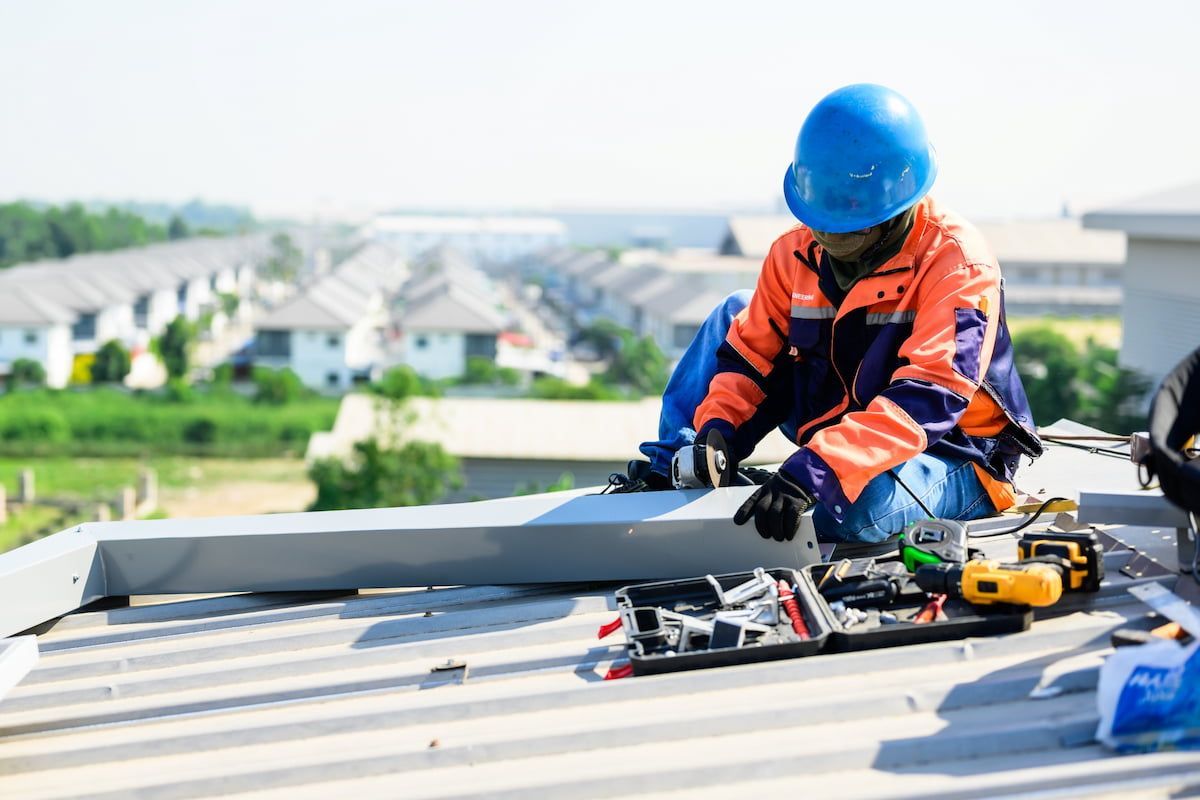
Benefits of Hiring Professionals
Companies like Amish Roofer bring expertise, safety, and warranties to ensure your roof’s longevity. Professional installation minimizes mistakes and ensures compliance with local codes.
DIY Considerations
While DIY can save money, it comes with risks such as improper installation, voided warranties, and safety hazards. It’s best suited for small repairs or experienced DIYers.
Conclusion
Choosing the right roofing material involves balancing factors like climate, budget, energy efficiency, and aesthetic preferences. With options ranging from asphalt shingles to innovative solar roofs, there’s a perfect solution for every home. For expert advice and professional installation,
reach out to
Amish Roofer. Let us help you build a roof that protects and enhances your home for years to come.

